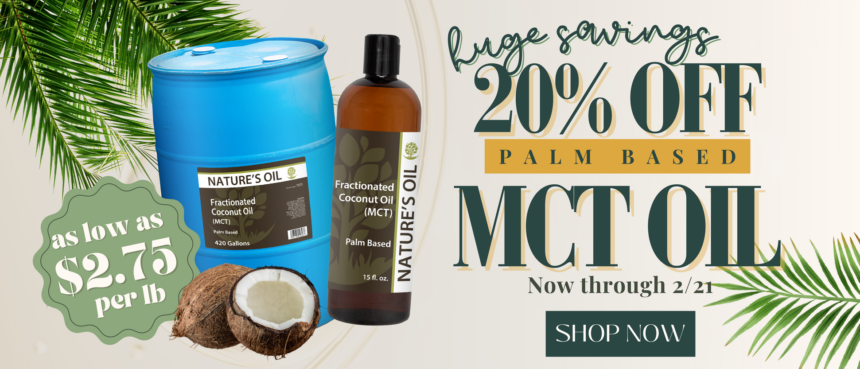Essential oils give apothecary products unique scents and therapeutic properties. You can choose from pure therapeutic-grade, ready-to-label, certified organic, and standardized commercial-grade oils. Blends and dilutions come in many varieties that you can use in soaps, bath bombs, perfumes, and candles. Here’s how to choose essential oils for your products:
Know Your Options
Before you purchase essential oils, find out what each option contains and offers. Ready-to-label oils may contain pure essential oils or blends. Pure oils are undiluted and feature no filler ingredients or synthetic additives. These oils are also properly distilled and feature transparent sourcing information. Diluted oils have been mixed with water or other liquids, reducing the concentration of the main essential oil.
Blends have two or more essential oils in different proportions. You can read the oil’s label to identify compounds in the formula and determine how they’ll affect your apothecary products. Check the base, middle, and top notes to find balanced oils that suit your products. Choose certified organic oils from plants grown in organic farms without chemical fertilizers or pesticides.
Match the Purpose
Find oils that match the purpose and product you’re developing. Pure therapeutic-grade oils are good for products that have specific effects like relaxing, soothing pain, or promoting sleep. Lavender and chamomile have a calming effect, making them suitable for scented candles and bath bombs. Peppermint and citrus oils are more energizing, so you can use them for perfumes, body mist, and personal care products applied to the skin or hair. Eucalyptus and tea tree oils offer antimicrobial properties that suit soaps, shampoos, and topical applications. Frankincense and helichrysum oils help reduce inflammation, making them ideal for candles, skin care, scalp care, and relaxation products.
When developing products that will be applied directly to the body, choose essential oils that don’t irritate the skin or scalp. Patch-test cinnamon, cloves, lemongrass, and other potent formulas to fine-tune their ratios and notes for the intended product. Check if the oils can trigger allergic reactions or interactions when making products for pregnant women or customers with specific medical conditions.
Order Bulk Oils
Purchasing essential oils wholesale has many benefits, especially when developing products for sale. Leading suppliers offer varying quantities of oils, ranging from a few ounces to containers holding hundreds of pounds of essential oils. Bulk purchases give you the same concentration and formula, allowing you to produce consistent, high-quality batches. Whether you need pure oils for personal use and experiments or large business operations, purchase enough before starting the project to avoid running out.
Look for large stock suppliers with pure-quality oils sourced and processed consistently to avoid variations in your final products. You can also partner with an apothecary supplier for custom oil blends or full kits. Choose suppliers with high ethical and sustainability standards to reduce environmental impact. Check the shelf life of each container to make sure your oils are in good condition before adding them to a product. Citrus oils usually have shorter shelf lives, while patchouli and other resin-based oils can last longer.
Choose Quality Oils
Use pure quality essential oils to access their full therapeutic benefits. Contaminated oils can cause inconsistencies and other undesired results, affecting your brand. If you sell aromatherapy products, look for therapeutic-grade oils. You can also choose commercial-grade oils designed for quick mixing and production process. Certified organic oils are good for premium products. Find suppliers that provide the same quality standards for all ingredients, including diffusers, dilutions, and blends.
Find High-Quality Apothecary Products
Essential oils are used in soap and candle making, skin care, hair care, and aromatherapy products. Each oil has a unique aroma and characteristics that make it suitable for specific applications. To get safe and effective essential oils, purchase them from a reputable supplier that carries high-quality ingredients. Contact an apothecary product supplier today to learn more about essential oil options.






